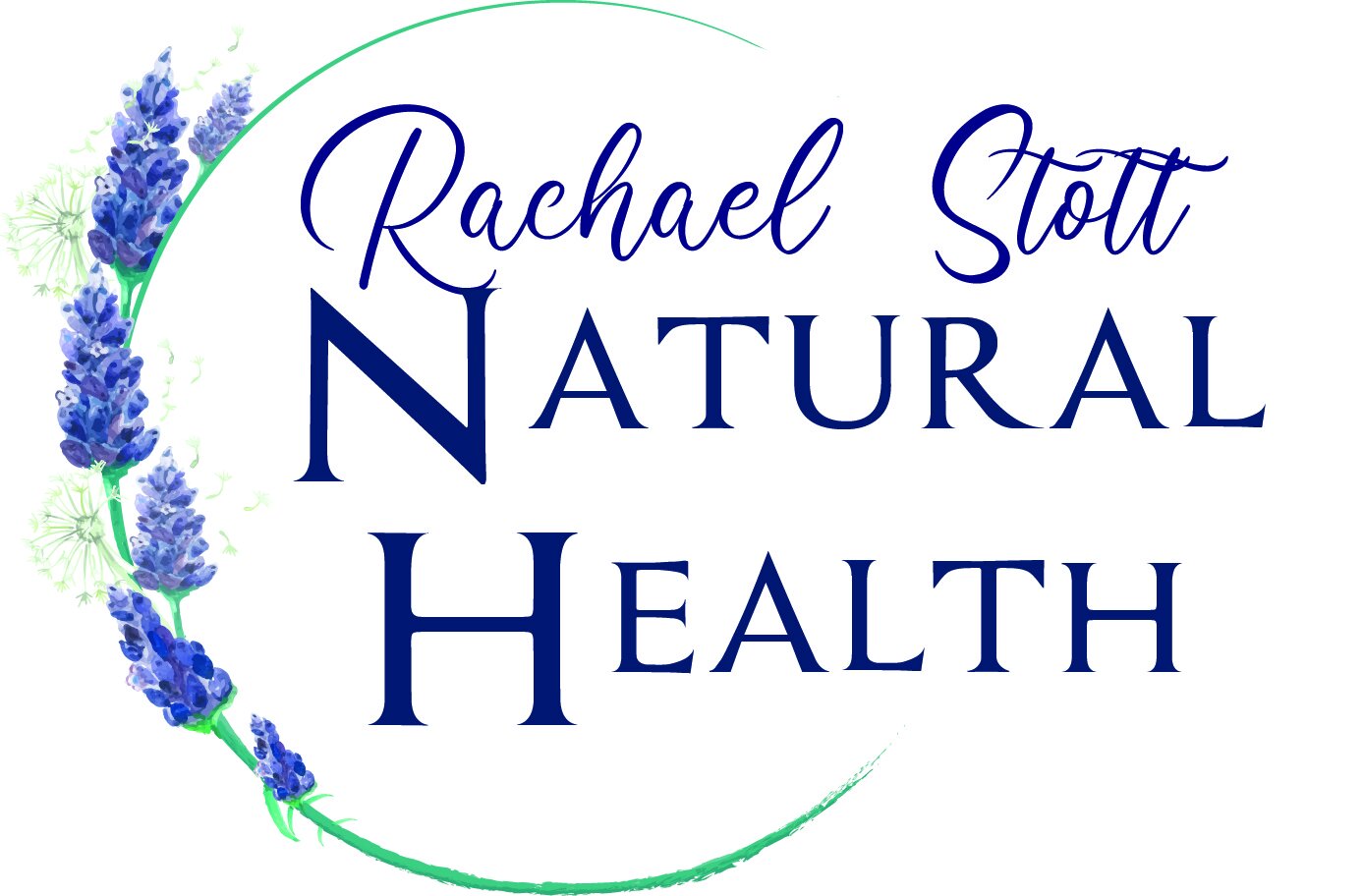Vitamin D the sunshine vitamin
At this time of year I start noticing the lack of sun. It really gets to me some days. I swear I'm a bit like a cat with the sun. Maybe it's an instinctive thing, as humans need the sun to make vitamin D so we have enough stores for over the cooler months. It is know as the 'sunshine vitamin'. I stopped the supplement I was taking a month ago so I would get an accurate blood test this week. In Canterbury, the sun is only at the right angle for the UVB rays between about October and the end of March. It's a fallacy that we can get out in the sun of a wintry day and think we can top up our levels. We also need moderate sun exposure on most of our body without sunscreen so we end up with a nice tan (rather than lobster-red and sunburn or sun damage).
Vitamin D is also rich in some foods, like cod liver oil (I have a preference for brands like Nordic Naturals and Rosita's), grass fed butter and raw milk and pastured egg yolks and animal fat, wild caught fatty fish like salmon, cod and mackerel.
Vitamin D is actually a hormone and it helps regulate some of the body's processes. If you have a deficiency you may notice symptoms such as fatigue, hair loss, poor skin condition (redness or dryness), poor mood balance, insomnia, low immunity and joint pain. Deficiency is known to affect chronic health conditions like multiple sclerosis, alopecia, cancer, autoimmune diseases, blood sugar balance and diabetes, hypertension and heart disease, asthma and psoriasis.
I advise my clients to get their vitamin D levels tested before they start taking a supplement as toxicity can be serious and make someone feel quite sick. There is also a difference between supplements with some being D2 (and a poorly absorbed form) and others being D3. It needs sofactors like vitamin K2 for the body to absorb it. Again, some brands seem to be better than others. The maximum dose we can take without prescription is 1000iU/day, which is less than in countries like the US. If you need a higher dose, you need to talk to your medical doctor. Obesity, darker skin tone, sunsceen use and people who get a lack of sun in the warmer months seem to be more at risk of deficiency. With some medications people are advised to avoid sun exposure. Some medical conditions mean that people are more at risk of deficiency, like with multiple sclerosis.
In the meantime, I will just dream of spring. Pic is of my sun loving helianthus from the sunflower family.

